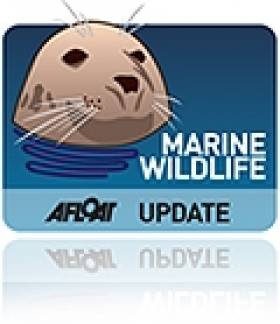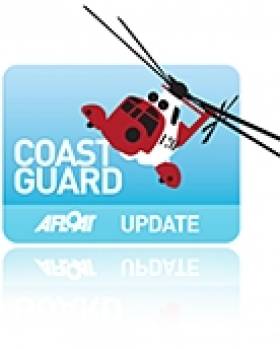Displaying items by tag: British government
British Government to Spend £108m on No-Deal Brexit Ferries
#FerryNews - The British government has spent more than £100 million on ferries to ease potential problems in the event of a no-deal Brexit.
The Department for Transport (DfT) reports RTE News, has signed contracts with French firm Brittany Ferries, Danish company DFDS and the UK's Seaborne to ease pressure on Dover should Britain leave without a deal.
The move would allow for almost 4,000 more lorries a week to use other ports on England's south coast to prevent a bottleneck at Dover.
The additional crossings are understood to be the equivalent to around 10% of the current traffic on the Dover Strait and will see ports in Poole, Portsmouth, Plymouth, Immingham and Felixstowe (pictured above) used.
The BBC reported the value of the contracts is £107.7 million - £47.3 million to DFDS, £46.6 million to Brittany Ferries and £13.8 to Seaborne Freight.
For more on this logistical development, click here.
Proposals Unveiled for Marine Conservation Zones in England and Wales
Proposals to create more than 100 conservation zones to protect marine wildlife and plantlife in England and Wales have been unveiled.
BBC News reports that the proposals - covering waters around the English and Welsh coastlines, including parts of the Irish Sea - will be assessed by a panel of experts before a final decision by the British government, expected some time in 2012.
The Marine Conservation Zones (MCZs) will have differing levels of protection, depending on what regulators choose to prohibit and when under the provisions of the 2009 UK Marine Bill. This is to allow flexibility for activities such as fishing and recreation.
Should all proposals be approved, it would place more than a quarter of all English waters under some form of protection.
It is also hoped that this is the first step towards a network of protected waters across the whole of the UK.
Proposals for protection zones in Scotland are expected to come forward next year. Meanwhile, the Northern Ireland legisative assembly has yet to pass its own marine protection laws.
BBC News has more on the story HERE.
Possible Rethink on UK Coastguard Cutbacks
The British government could be ready to change its plans for the streamlining of the UK coastguard service.
The Belfast Telegraph reports that while there will be no turning back on reforms, concessions such as closing fewer stations and keeping more open 24/7 are being considered - which could save Northern Ireland's only full-time coastguard base from the chop.
The centre at Bangor was earmarked for scaleback or closure under plans proposed by Shipping Minister Mike Penning, But he was forced to extend the consultation period, with a spokesperson saying that "the government is committed to taking all points of view into account before decicing how best to proceed".
Shadow Shipping Minister Jim Fitzpatrick said: “We were concerned about the level of cuts initially proposed and are pleased that the Government appears to be reviewing its plans."
The Belfast Telegraph has more on the story HERE.

























































